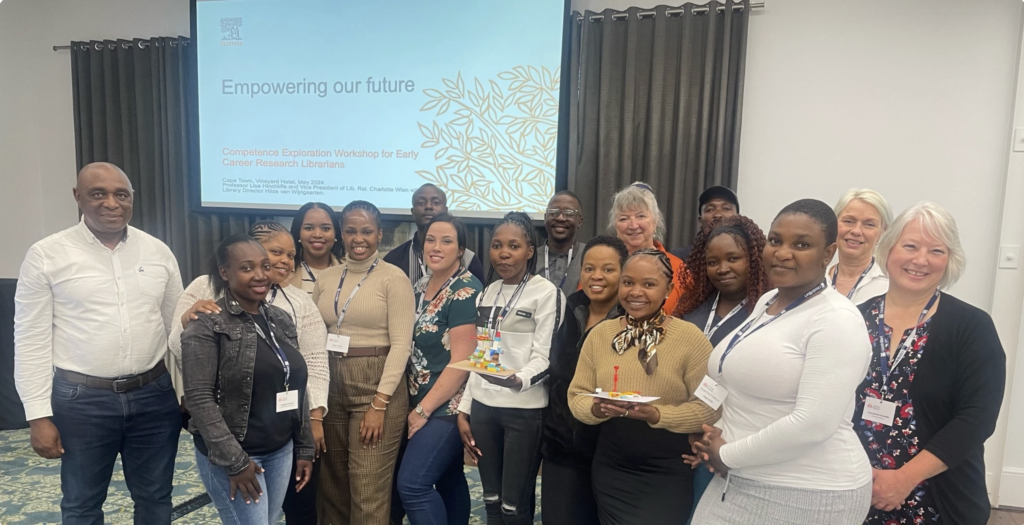How education shapes research librarians’ professional identity

In a rapidly evolving scholarly communication ecosystem, research libraries are essential in advancing knowledge and supporting academic work. They serve as gateways to scientific literature, data, and resources, helping researchers and students navigate the information landscape. However, the lack of formal educational programs tailored to their unique needs impacts professional identity, recognition, and effectiveness of research librarians.
The challenges of an evolving scholarly ecosystem
Many countries lack formal education programs for research librarianship. Those that do may not have programs that adequately prepare research librarians for changes to the information landscape or provide opportunities for knowledge exchange between Research Librarians. With inadequate representation and resources, theories, methods, and professional norms are not fully developed. This threatens the formation of a cohesive professional identity within the field.
The challenges related to this lack of formal education have become more pronounced in recent years as advances in technology, changes in research practices, and shifts in publishing models are reshaping the landscape of academic work. As a result, the need for specialized research librarian skills is growing.
In the past, much of the work done by research librarians was centered on managing and curating physical collections. However, the demands on research librarians have evolved, and new skills that are only tangentially related to traditional library collections are now in high demand. Research librarians must keep pace with these changes and develop new competencies to effectively support researchers and students.
[…]Moving forward
While formal education is a cornerstone of professional development, its absence in research librarianship presents unique challenges. Research librarians must work together to define and strengthen their professional identity. This includes advocating for the creation of formal educational programs that will equip future research librarians with the skills and knowledge needed to thrive in a rapidly changing world.
To raise awareness and offer support for professional growth, the Elsevier Foundation, Fiesole Retreat, and Information Training and Outreach Centre for Africa (ITOCA) have joined forces. Together, they organized a workshop in Cape Town, bringing a group of early-career research librarians eager to build their skills and strengthen their professional identity.
The Elsevier Foundation generously provided financial support, while ITOCA managed all the administrative details involved in setting up the event. Fiesole Retreat warmly welcomed a vibrant group of young, enthusiastic research librarians, creating an ideal environment for learning and collaboration.
Read the full article on Elsevier Connect: “How trust in science played a pivotal role in water resource management“, Milly Sell, 29 July 2024.

















